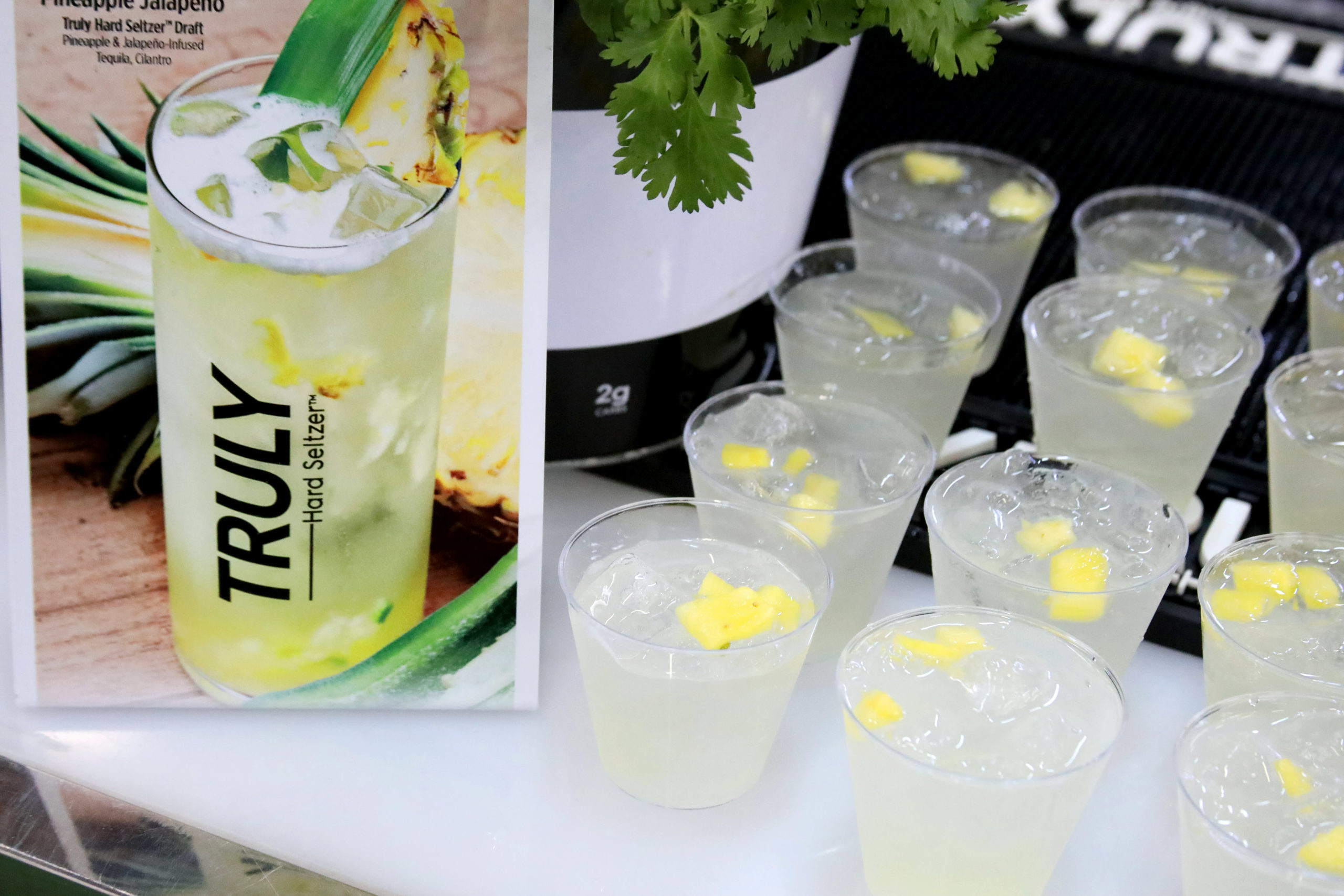Boston Beer Company co-founder Jim Koch defended its heavy investment in hard seltzer Thursday as shares fell after weak guidance and a per-share earnings miss.
“Sometimes growth, it’s not cheap, particularly in something capital-intensive like beer,” Koch said on “Closing Bell.“
Hard seltzer, in particular, demands significant investment because “it’s the biggest thing that’s come into the beer business since light beer,” Koch said.
Shares of Boston Beer Company slid 7.6% to $396 Thursday following its after-the-bell earnings report a day earlier. It posted earnings of $1.12 per share for the fourth quarter while analysts had forecast earnings of $1.47 per share.
It also reported full-year EPS guidance of $10.70 to $11.70. Wall Street consensus had been $11.72.
Boston Beer CEO David Burwick said on the earnings call that margins will continue to suffer as it increases capacity to meet demand around hard seltzer.
“We expect this program to run for two to three years and begin showing margin improvement by the first half of 2021,” he said, according to a transcript from The Motley Fool.
The Samuel Adams brewer said it saw triple-digit growth around its hard seltzer brand, Truly, which helped deliver quarterly revenue of $301.3 million. It represents a 33.8% increase compared with the prior year.
Despite Thursday’s slide, Boston Beer’s stock remains up 47% in the past 12 months as the hard seltzer category exploded.
“Let’s not get distracted by what happens today or tomorrow,” Koch said in defense of the company’s strategy. “Let’s make sure we’re building for the future.”
And that’s a future in which Truly plays a critical role, said Koch, who launched the Boston Beer Company in his kitchen in 1984.
The hard seltzer category experienced significant growth and increased competition in 2019 as big players such as Anheuser-Busch launched products to compete with Truly and White Claw.
Constellation Brands also said it plans to launch a line of Corona hard seltzers this spring.
Hard seltzer makes up 2.6% of the total U.S. market for alcohol, which is an increase from 0.85% a year ago, according to the IWSR.
“We really don’t know how far is up” for hard seltzer, Koch said.
So far, Koch said, the fresh competition from Bud Light Seltzer has not hurt Truly’s popularity among consumers.
“We were actually very pleased with the entrance of Bud Light Seltzer,” he said. “Since Bud Light Seltzer’s been introduced, we’re the only hard seltzer that actually gained market share.”
Koch said hard seltzer’s growth has far exceeded what Boston Beer expected when it launched Truly about four years ago. It’s appealing to a wider range of consumers than they thought, Koch said.
“It kind of presses all the buttons. Great taste. Not much compromise. Health and wellness cues,” Koch said. “We think that the category can double again in 2020.”
